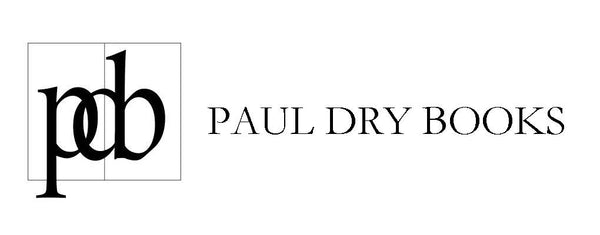A spunky take on Jane Austen
Another lighthearted, Jewish-centric, emotionally honest update from a Drexel professor.
Sunday June 1, 2014 Philadelphia Inquirer
It is a truth that is, once in a while, acknowledged that Jane Austen's stories about women's lives are about as relevant now as they were 200 years ago — and Drexel University English professor Paula Marantz Cohen is totally acknowledging it.
Lighthearted, Jewish-centric updates on Jane Austen classics are something of a stock-in-trade for Cohen, whose previous novels include Jane Austen in Scarsdale and Jane Austen in Boca, the latter of which took place in a retirement community in Florida. This time around, her spunky heroine Suzanne Davis is a relative young 'un: in her 30s and single, amusingly unlucky in love, and more or less enjoying her little life in the big city. You could, if you wanted, think of her as the Fanny Price of the Upper West Side.
You remember the plot of Mansfield Park, right? And Sense and Sensibility and Pride and Prejudice? Well, you don't have to. Cohen has you covered. Suzanne is a former English major who now works for the International Association of Air Conditioning Engineers, writing news releases in her pajamas about indoor air quality. She knows her way around a Jane Austen novel and is all too aware of the ways in which her life resembles one.
Suzanne wears her pajamas to work because she mostly works from home, and she hasn't had a date in a while. Her biological clock is ticking loudly, and her whole life seems stale in general. Cohen has built this incredibly charming story upon Suzanne's realization that she needs to "get a life," which she sets about doing without straying far from home. Taking a cue from the "three or four families in a country village" of Pride and Prejudice, Suzanne figures her experiment could take place right in her apartment building and still get big results.
Like many female protagonists before her, Suzanne regards her own life as a project. It's a sweetly empowering idea. First, she befriends the wound-up mothers of small children whose kids play in the playground behind her building, which scores her an invitation to a book club hosted by fiftyish mom Pauline. ("I'm the poster child for plenty of time," she assures Suzanne.) Book club leads to new friendships, job offers, and romantic intrigue - all the stuff that makes up a life, really. Suzanne observes everything with a sharp eye, and she's an endlessly entertaining tour guide for these adventures in ordinary living.
It's an appealing conceit that Cohen develops expertly, but it's the narrator's winning personality that makes the book special. She talks directly to the reader in a voice that is funny and effectively arch, but somehow also blockheaded at the same time. She's judgmental of everyone she meets, but her criticisms are so outrageous and hilarious that it's hard to begrudge her. (Upon finding out that a man at book club is a teacher at a public school in the South Bronx, she privately decides he's either "an insufferable do-gooder or a pathetic loser.")
Her judgments are so rooted in her own insecurities that, honestly, we want to hug her. She reminds us so much of ourselves. Suzanne constantly dismisses people she has just met on the grounds that they are "wispy" or "WASP-y" or "nondescript," but they later turn out to be no such thing. (Well, sometimes they are actually WASP-y.) Suzanne isn't a kid anymore - she's 34 when she admits it, 31 when she's fibbing - but she has a learning experience or minor comeuppance several times a day.
The construction of this novel has a perfectness to it that makes it something of a miniature - a pretty package to open - with each short chapter ending on a brisk and self-assured note. And it's funny bordering on shticky, but Cohen always pulls it back in time. Some more serious stuff happens to Suzanne as well, and when it does, it takes us by surprise, much as it does when it happens in real life. Cohen practices the art of the light touch, even when dealing with life-or-death situations, and it is surprisingly effective.
Cohen, via Suzanne, acknowledges that the Jane Austen thing has been done and done again, even making a coy reference to her own earlier novels. It doesn't matter anyway. Gets a Life has an emotional honesty and moments of real wisdom, cleverly packaged as mere entertainment. I recommend giving it a try. You'll laugh, and you may well learn something.
Reviewed by Katie Haegele
Buy the book here.

